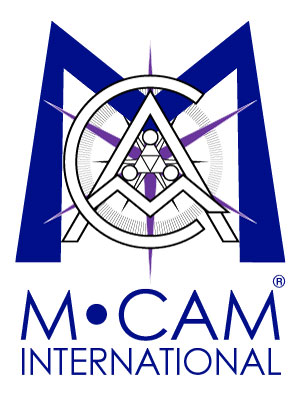M·CAM CEO Presents Economic Assessment of Software Patent Council Common Position at EU Parliament
Date: Tue, 2004-11-09
November 9, 2004 Today, Dr. David Martin, M·CAM CEO and University of Virginia’s Darden Business School Batten Fellow, addressed a special roundtable in the Parliament in Brussels regarding the economic impact of computer implemented software inventions. This roundtable was organized by the Head of the Finnish Delegation to the European Parliament in the EPP-ED Group, Mrs. Piia-Noora Kauppi. Participant speakers in the roundtable included Mr. Tim Frain (Nokia), Mr. Erik Josefsson (Foundation for a Free Information Infrastructure – FFII), Mr. Mark MacGann (European Information, Communications and Consumer Electronics Technology Industry Association – EICTA), and, Mr. Florian Mueller (My SQL, AB). M·CAM’s presentation focused on the facts that:
- European companies and the European Patent Office are already awarding a considerable number of patents that fall within the non-patentable subject matter definitions of the proposed Council Common Position – a reality that, while potentially impacting EU enforcement, will do little to abate the pursuit of such patents in international markets;
- The “debate” about software patents is fueled by current ambiguity in the terminology of the Council Common Position as currently drafted; and,
- The EU Parliament should actively deploy the considerable economic consequence data on the economic development impact of its proposal by looking at legacy experience in other countries – notably the United States – where the patenting of software enabled technology and business methods was improperly deployed by a patent office incapable of handling such inventions and by courts who created patentability standards outside the scope of Congressional consideration of appropriate controls that would have prevented the abuse of such patents.


Sorry, the comment form is closed at this time.